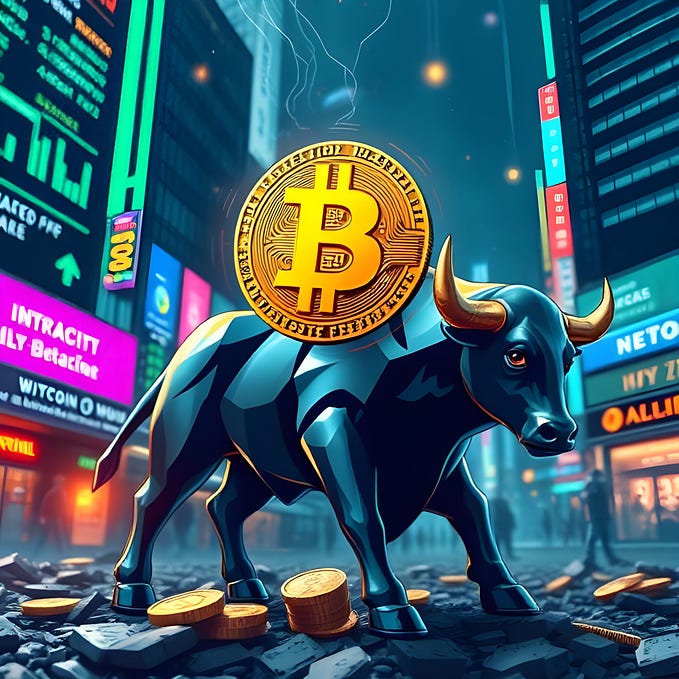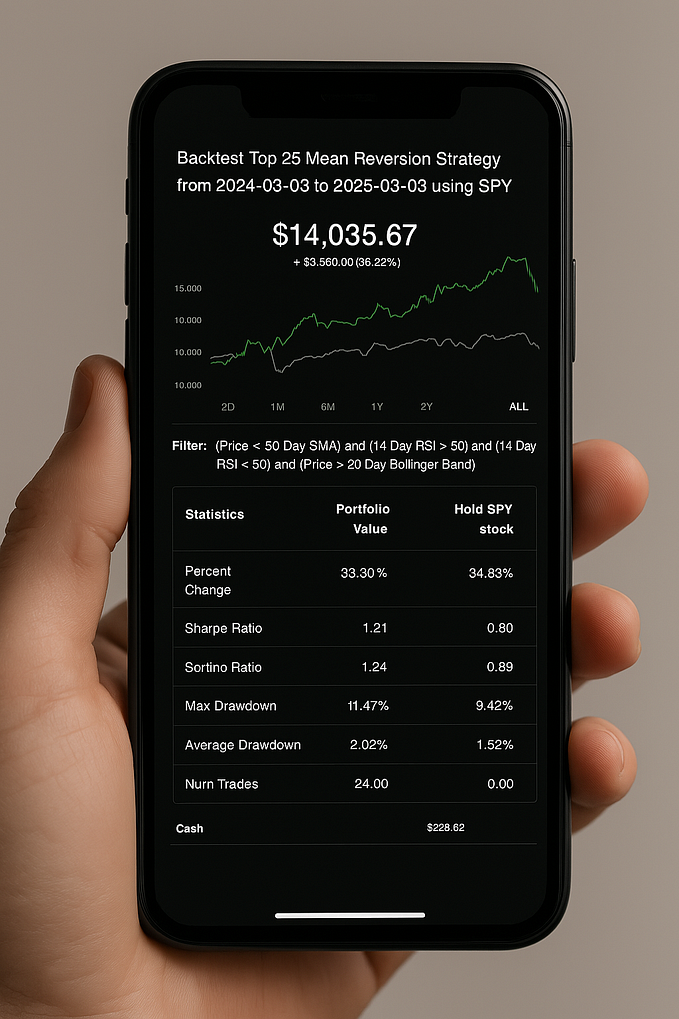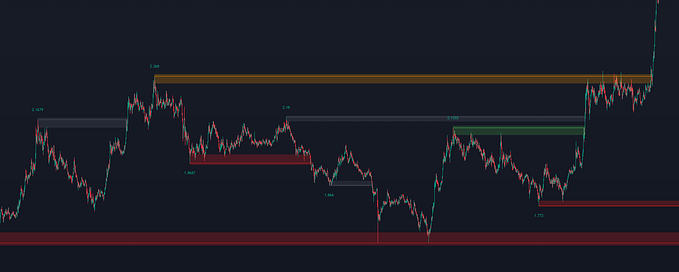
There are several benefits to investing in real estate. Passive income, predictable cash-flow, good returns, diversification, among others. Generally under normal market conditions, the value of assets tends to increase with time. This is particularly true for real estate because, the primary factor to it, land, is naturally a limited resource, and as the population grows, land becomes scarce. This creates an obvious supply — demand dynamic.
The world of real estate financing is, however, very broad. Real estate is arguably the most regulated industry, save for, perhaps, the tech industry. It’s understandable, the scale of resources people and companies put into real estate calls for a predictable legal framework that guides all stakeholders.
So at scale, what are the main challenges to investing in real estate? While the regulation and legal framework is necessary, it’s painfully slow. For developers, financing naturally comes to mind. For the average person, they do not have sufficient knowledge of the industry to make the optimal investment decisions.
With Web 2.0, it’s become easier to share information among us. I mean communicating with people all over the world in real time is something we take for granted now, it’s trivial. Most of this growth was brought about by tech companies, but they own the infrastructure, and sadly, our data. Now Web 3.0 goes even further, as individuals we can build decentralized systems without a central controlling entity, a middleman. This means we can own our data and, furthermore, share value among us as easily as we share messages.
Crypto has revolutionized how we see finance, and made finance drastically more efficient. A few decades ago, it was very difficult for the average person to invest in stock, generally access financial instruments and derivatives. Capital was the obvious barrier to entry not to mention the monopoly of hedge and fund managers. The finance people, you know. Even if one was privy to the information, it would prove difficult to buy stock/shares in a company, in say, an IPO. Seed investors and Venture capitalists reap the maximum benefits. Crypto has made it possible for the average person to invest in any company they’re interested in anywhere in the world. And this industry is very much in its infancy, it’s barely 10 years old.
Back to real estate, consider a building, say a flat or a commercial building. An office complex, a mall, rental appartments, anything. It’s expensive to buy the whole building or even to build it on your own. So some guys smarter than me wondered, if we can trade shares of a company, that is small pieces of it essentially, why can’t we do the same to real estate? It should be possible to own, and trade, fractions of it. This solves 2 problems: that of capital, and diversification. You don’t want to put all your eggs in one basket. And you also get to spread your capital all over several investments.
The smart guys I mentioned began building Blocksquare. Now this is an interesting project I’ve followed for a long time, and I’ve explained the technical side of it before. And while people may find crypto and the blockchain a bit difficult to wrap around their heads, at its core Blocksquare (and OceanPoint, and the tech solutions they’ve built) is essentially a real estate solutions provider. They only leverage blockchain technology to make real estate investment much more efficient and accessible. Specifically, they’ve used features of blockchain to build technology where anyone could use the platform without an understanding of blockchain or even the core ideas behind it. You just log into the website, create an account, provide some details, and the technology does all the work for you. It’s not important, and definitely not necessary to understand how the smart contracts work, or what they do, at a technical level.
The most important property of blockchain technology employed here is immutability. The transactions are publicly recorded and available to everyone, and they can not be changed. Think about it like provenance, for art. You can track all the transactions involved in a given property since it was first listed on the blockchain the way you can track the life cycle of a piece of art since it left the artist’s studio to the current owner. Why this transparency is important will become clear after a while.
Let’s go into detail of how the process of tokenization actually works. Say, you want to create a white label marketplace for your property. It’s very simple steps that have been covered in this block-chat. It’s very straightforward everything is prepared for you, you go to the website, create your account, and register property(ies). You don’t need any technology, everything is prepared for you, the tech is there you only need to use the tech.
Now each marketplace is branded according to the partner’s needs, your needs. In the marketplace you can register and view listed assets. You can issue tokens directly to potential investors in a token sale. Either in a presale or a public sale, and it’s a fixed price offering, not an auction. Generally the process is very transparent.
Every property you register, the data is recorded onchain. Just data about the property like location, dimensions, pictures, official documents, type of asset etc. The blocksquare team will guide you through the official process of listing your property, the documents you’ll need, certificates, everything. You can book a meeting here and the team will assist you.
Now traditionally, say you own a property. Or you’ve developed one. Once you sell it, you say goodbye to it. You’re done. Imagine if you could earn, say, a royalty in every secondary sale or purchase of a property you sell? Your returns will be compounding perpetually. This is where the public record of transactions that can not be changed comes in.
Well with blocksquare you don’t have to imagine, they’ve built this into the smart contracts!!! In every secondary sale of a property, a 1.5% fee is charged. 0.5% goes to the owner of the asset, 0.5% goes to the operator of the marketplace (both can be the same person as in your properties listed in your marketplace) and the last 0.5% goes to blocksquare and oceanpoint. Let’s take a pause here to fully grasp the full ramifications of this.
You’ve listed your property in a marketplace and you’ve raised capital by selling tokens to investors. Now each time anyone sells or trades those tokens, a percentage of that sale goes to you. Every transaction. This happens for as long as they’re traded. Now imagine the marketplaces grow to the scale of Uniswap. I leave the assessment of the potential to your imagination.
From trading and transaction data, the permanence, simplicity, and transparency of the blockchain make it very easy and straightforward to assess and evaluate the real valuation of an asset/property. This has not always been the case traditionally and has cost people money through paying above market or inflated valuation simply because they did not have, or put into account, all the relevant data pertaining to the property. This is a problem of the past.
The United States Securities and Exchange Commission is seen to have a negative attitude towards crypto, in the form of regulation, and yet, the US is the easiest jurisdiction to tokenize a property. See, as I said, Blocksquare is a real estate platform. It only uses blockchain technology (namely smart contracts on Ethereum) to make the tokenization and trading of real estate simple, fast and accessible. So the regulation is in place, the tech is there, the market is there.
Blocksquare now boasts over $50 million in tokenized assets, across 13 countries in different jurisdictions all over the world.
And this is just the beginning.
Here’s a more detailed and technical guide into blocksquare and oceanpoint.
For more information about blocksquare and OceanPoint, follow their socials below. You can also join the discord and telegram, we are a very resourceful and helpful community and we’ll answer any questions you may have.









